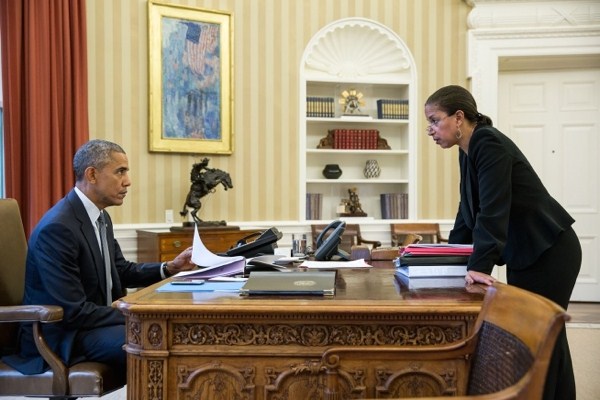U.S. President Barack Obama’s administration has drawn a good deal of criticism for its concept of “strategic patience,” which serves as the core for the recently released National Security Strategy. It’s understandable why the president’s national security team chose that specific language. It is meant to give more gravitas to an approach more jocularly described as “don’t do stupid [things]”—and is supposed to convey that the current management does not plan to respond impulsively to the challenges of the day. In a 24/7 news culture, when demands for the United States to “do something” erupt within minutes of breaking news and often without regard to longer-term consequences, strategic patience allows for taking a step back to see the larger picture before rushing to expend American resources.
As with other facets of Obama’s approach to foreign policy, the language may have been chosen through a domestic politics filter, to reinforce the image of the “professorial” Obama who is not seeking to embroil the U.S. in new conflicts. Perhaps it is meant to evoke comparisons with the Chinese, famed for their long-term outlooks and willingness to think in terms of decades for strategies to unfold and take root. Unfortunately, whatever the motivation, there is a real danger with the strategic patience formulation, because, depending on how it is interpreted and understood, it could undermine the basis of America’s network of alliances, which have been so critical to creating the present global system.
Strategic patience implies that the best way to respond to a potential foe is to let the adversary expend its energy and resources on its initial action. In so doing, the competitor overextends and overreaches, while the U.S. husbands its resources and reserves. Once the challenger is in a weaker position, the U.S. is in a much better place to dominate the situation and impose a settlement on Washington’s terms.

